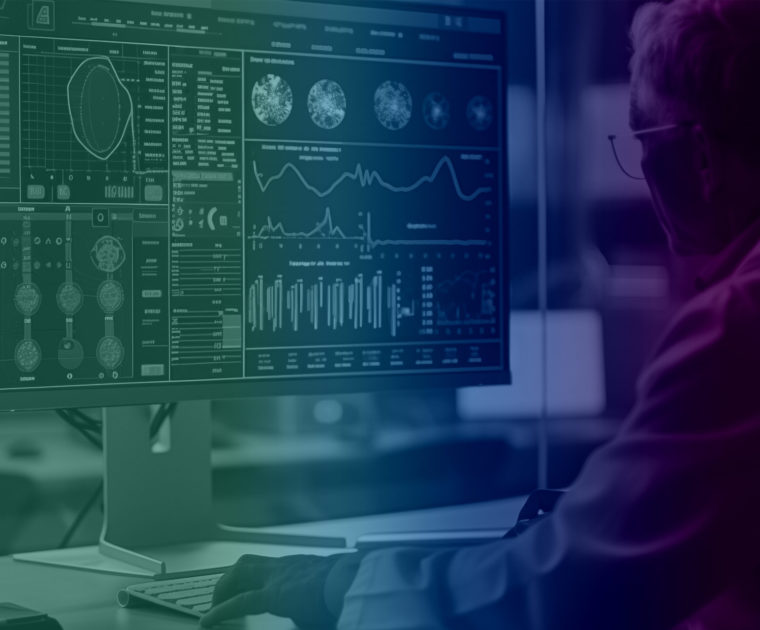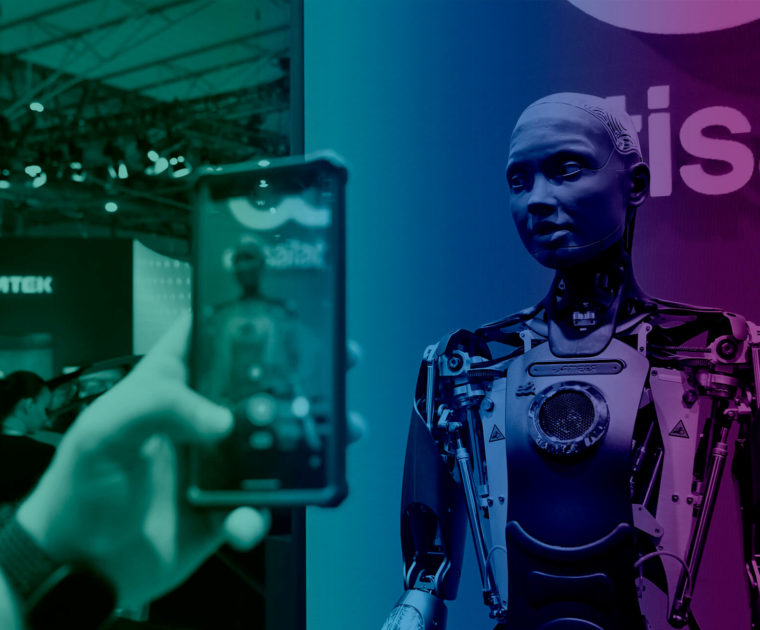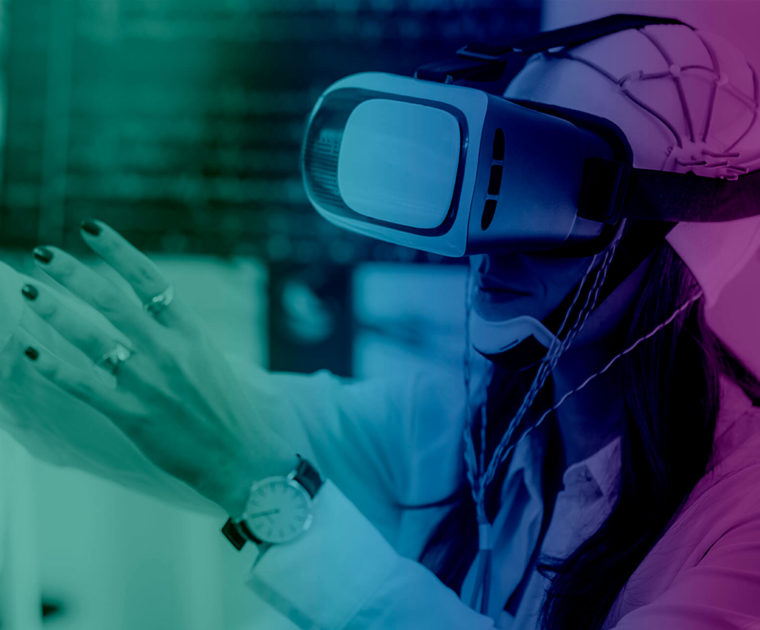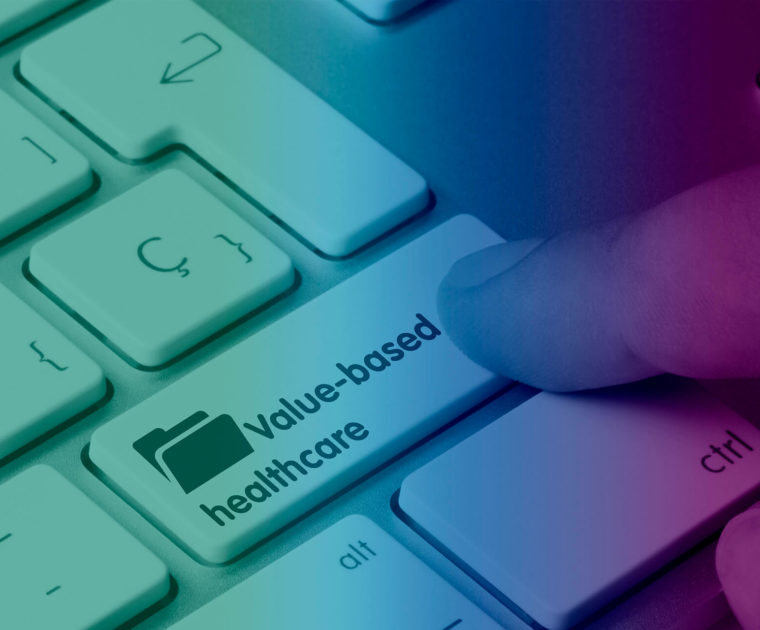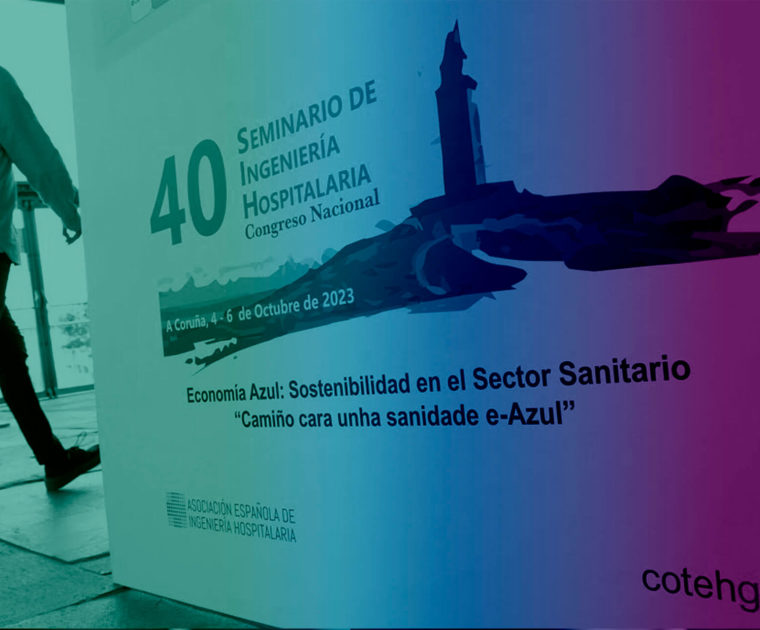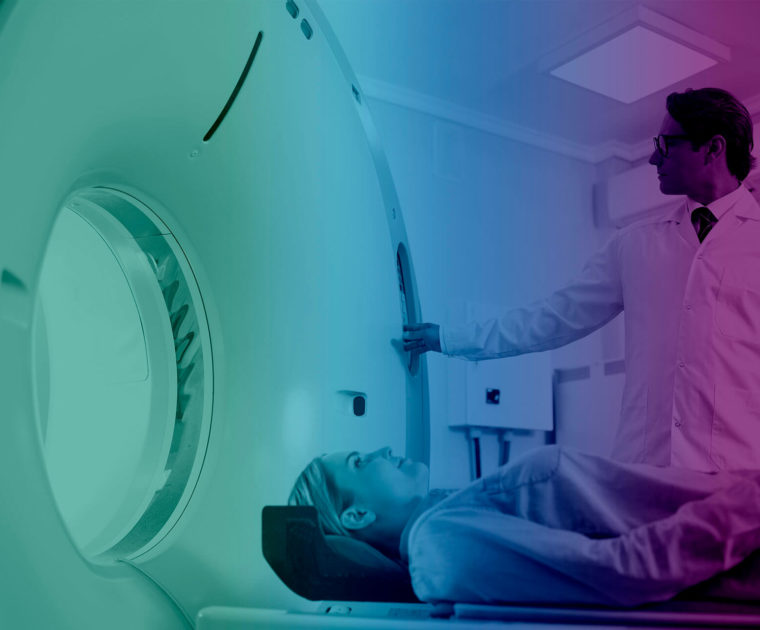The commitment to training and continuous development programs will meet the demand for digital skills and specialization in disruptive technologies.
What are the demands of the healthcare industry in 2024?
Every April 7th, World Health Day is commemorated. A date marked on the calendar, since with each passing year it is more necessary to remember and celebrate it.
The WHO Council on Health Economics for All has found that, although at least 140 countries recognize health as a human right in their constitution, only four have developed a strategy on how to finance it.


